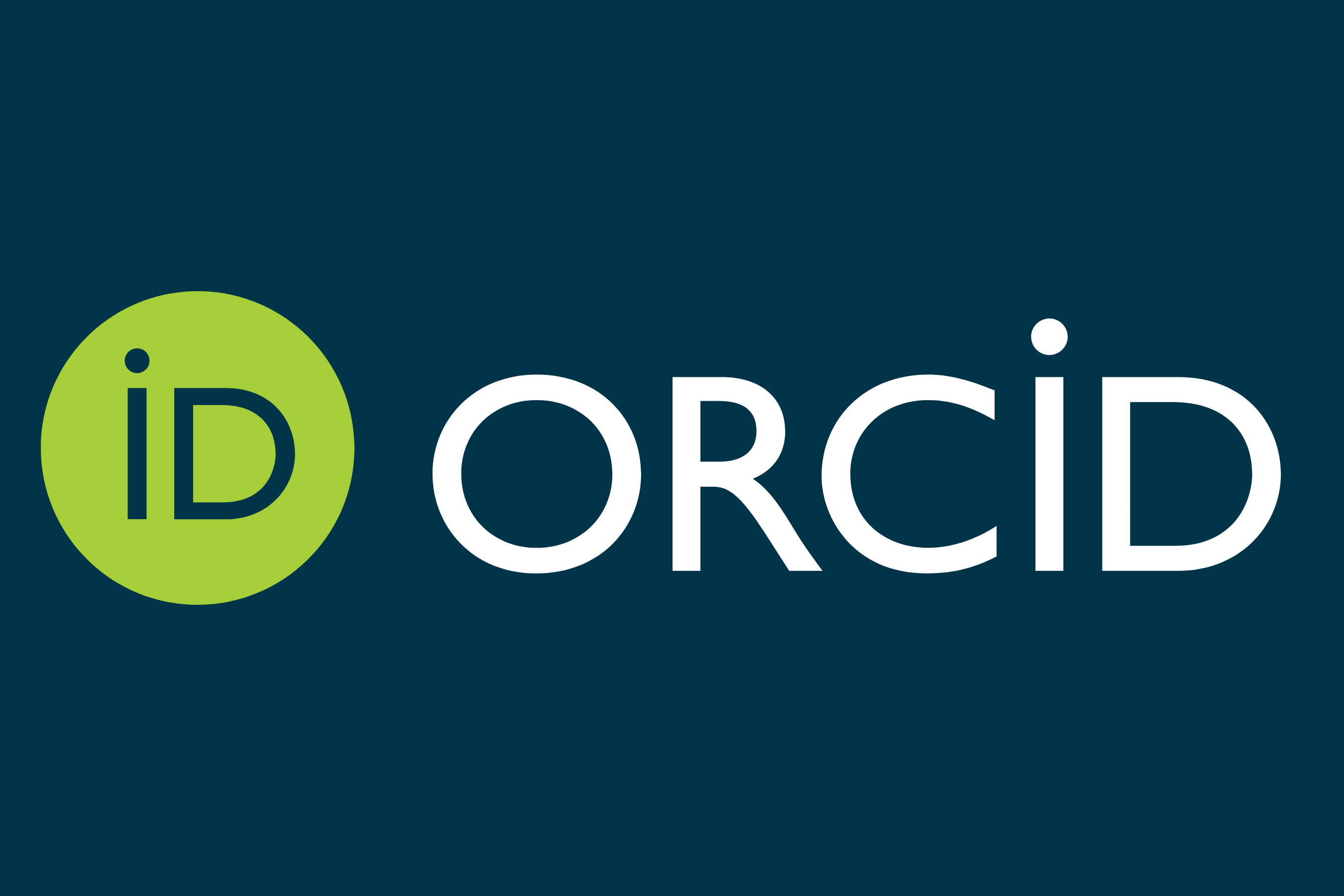The Role of Employee Voice Behaviours in the Effectiveness of the Performance of Self-Managed Work Teams: A Field Survey in the General Directorate of Education in Anbar
DOI:
https://doi.org/10.31272/jae.i145.1281Keywords:
Employee voice behaviors, performance of self-managed work teams, Anbar Governorate Education DirectorateAbstract
The aim of the research is to build and test a model that explains the role of employee voice behaviours as an explanatory variable represented by its dimensions (employee voice behaviour, employee voice behaviour) in the effectiveness of the performance of self-managed work teams as a responsive variable represented by the dimensions (team performance, quality of work life, reducing withdrawal behaviour). To study the research problem, the research presented a theoretical presentation of what the researchers wrote and discussed about the concepts of (employee voice behaviours and self-managed work teams) after a systematic organization of logical hypotheses embodied in a hypothetical model, as it was tested by several statistical methods adopted to analyze the data collected in light of the response of a sample of managers and heads of departments and branches of the Anbar Governorate Education Directorate, numbering (46) individuals, designed for research purposes. The statistical analysis program (SPSS) was used, and the descriptive analytical approach was adopted as a research approach. The results showed the validity of most of the research hypotheses, the most prominent of which was the existence of a significant correlation between employee voice behaviours and the performance of managed work teams. As for the recommendations, the most notable was the need for public organisations to promote employee voice and provide an environment that encourages them to express their opinions and gives them complete freedom to express their suggestions
Downloads
References
[1] الياسري، اسراء حسين يعقوب، (2017) قياس تأثير التداؤب في تحسين أداء فرق العمل المدارة ذاتيا: التسكع الاجتماعي متغيرا تفاعليا باعتماد لوحة عدادات الكترونية، رسالة ماجستير، إدارة الاعمال. جامعة البصرة.
[2] Abdulgalimov, D., Kirkham, R., Nicholson, J., Vlachokyriakos, V., Briggs, P., & Olivier, P. (2020). Designing for Employee Voice. In Proceedings of the 2020 CHI Conference on Human Factors in Computing Systems, 1-13.
[3] Bas, S., & Tabancali, E. (2020). Correlations between Teachers' Personality, Psychological Safety Perception and Teacher Voice. Eurasian Journal of Educational Research, 185-204.
[4] Berntzen, M., & Wong, S. I. (2019). Coordination in distributed, self-managing work teams: the roles of initiated and received task interdependence.
[5] Breuer, C., Hüffmeier, J., and Hertel, G., (2016) "Does trust matter more in virtual teams? A meta-analysis of trust and team effectiveness considering virtuality and documentation as moderators," Journal of Applied Psychology, vol. 101, no. 8.
[6] Chen, L, & Appienti, W. A. (2020). Does a paternalistic leader facilitate voice? And creative performance? Evidence from Ghana. Journal of Psychology in Africa,30(6).
[7] Chen, S. C. (2017). Paternalistic leadership and cabin crews’ upward safety communication: The motivation of voice behaviour. Journal of Air Transport Management, 62.
[8] Geerts, Iris A.G.M, and Bierbooms, Joyce J.P.A. and Cloudt, Stefan W.M.G. (2020) Understanding self-managing teams in Dutch healthcare: empirical evidence to non-sequential team development processes, Journal of Health Organization and Management Vol. 35 No. 9.
[9] Gerpott. fabiola h, lehmann. nale, voelpel.sven c., vugt.mark van, (2019) it’s not just what is said, but when it’s said: a temporal account of verbal behaviors and emergent leadership in self-managed teams Academy of Management Journal, Vol. 62, No. 3.
[10] Gilson, L. L., Maynard, M. T., Young, N. C. J., Vartiainen, M., and Hakonen, M., (2015) "Virtual Teams Research," Journal of Management, vol. 41, no. 5,
[11] Guo, Y., Zhu, Y., & Zhang, L. (2020). Inclusive leadership, leader identification and employee voice behavior: The moderating role of power distance. Current Psychology, 1-10.
[12] Hameed, I., Bhatti, Z. A., Khan, M. A., & Syed, S. (2020). How and when Islamic work ethic (IWE) leads to employee promotive and prohibitive voice? The interplay of employee moral identity and perceived voice opportunity. International Journal of Islamic and Middle Eastern Finance and Management.
[13] Ivetic, P (2018). Holding the House of Cards Together: Possible Pitfalls with Self-Organizing Teams in Organizations. Project: Self-Organizing Teams in Organizations.
[14] Jabbouri, Nada Ismaeel. and Hamoud, Emad Mansi (2020), The role of the effectiveness of self-managed teams in improving the، quality of services / an applied study in Ramadi municipality, Journal of Economics and Administrative Sciences Vol.26 (NO. 118).
[15] Kee, K., van Wieringen, M., & Beersma, B. (2021). The relational road to voice: how members of a low-status occupational group can develop voice behavior that transcends hierarchical levels. Journal of Professions and Organization, 8(3).
[16] Kohnová.Lucia , and Salajová.Nikola, (2021)Agile organization: Introducing self-managed teams, Management Trends in the Industry Context 4.
[17] Kurth, J. S. (2020). Factors Encouraging Upward Employee Voice in an Online Workplace Portal: A Case Study of an Academic Research Institute (Doctoral dissertation, Arizona State University).
[18] Lee, Y-T., & Paunova, M. (2017). How Learning Goal Orientation Fosters Leadership Recognition in Selfmanaged Teams: A Two-stage Mediation Model. Applied Psychology, 66(4), 553-576.
[19] Lin, Chieh-Peng, Mei Liu-, Chu, Ting Liu -,Na- & Ting Huang ,Hsu (2018) Being excellent teams: managing innovative climate, politics, and team performance , Total Quality Management & Business Excellence, ISSN: 1478-3363, http://www.tandfonline.com/loi/ctqm20.
[20] Naqvi, S. M. M. R. (2020). Employee voice behavior is critical for organizational sustainability in the telecommunications industry. PloS one, 15(9).
[21] Paulet, R., Holland, P., & Bratton, A. (2021). Employee Voice: The Missing Factor in Sustainable HRM? Sustainability, 13(17).
[22] Sanyal, Shouvik & Hisam , Mohammed Wamique (2018) The Impact of Teamwork on Work Performance of Employees :A Study of Faculty Members in Dhofar University, IOSR journal of business and management (IOSR-JBM)e-ISSN :2278-487 X , Volume 20.
[23] Sifatu, W. O., Sjahruddin, H., Fajriah, Y., Dwijendra, N. K. A., & Santoso, A. (2020). Innovative Work Behaviors in Pharmacies of Indonesia: Role of Employee Voice, Generational Diversity Management and Employee Engagement. Systematic Reviews in Pharmacy, 11(2).
[24] Unler, E., & Caliskan, S. (2019). Individual and managerial predictors of the different forms of employee voice. Journal of Management Development.Vol.38No.7.
[25] Van Mierlo, J., Bondarouk, T. and Loohuis, R.P.A. (2019), “The role of multiple points of view in nonenvisioned routine creation, taking initiative, creating connections and coping with misalignments”, in Feldman, M., D’Adderio, L., Dittrich, K. and Jarzabkowski, P. (Eds), Routine Dynamics in Action, Replication and Transformation, Emerald, Bingley, pp. 153-172.
[26] Van Mierlo, J., Bondarouk, T. and Sanders, K. (2018), “The dynamic nature of HRM implementation: a structuration perspective”, International Journal of Human Resource Management, Vol. 29 No. 22.
[27] Viswanatha.Rajeesh, Lakshmi.Divya, (2019) Assessing the impact of Authentic Leadership and Team Climate on Innovative Work Behavior within Self-managed teams in IT Organizations, International Journal of Recent Technology and Engineering (IJRTE), Volume-8 Issue-2S4.
[28] Wijaya, N. H. S. (2021). Proactive personality, voice behaviour, and the roles of team social exchange. Jurnal Siasat Bisnis, 25(2).
[29] Wilkinson, A., Dundon, T., Donaghey, J., & Freeman, R. B. (2020). Employee voice: bridging new terrains and disciplinary boundaries. In Handbook of Research on Employee Voice. Edward Elgar Publishing.
[30] Xu, J., Xie, B., Yang, Y., & Li, L. (2020). Voice More and Be Happier: How Employee Voice Influences Psychological Well-Being in the Workplace—international journal of mental health promotion, 23(1).

Downloads
Published
Issue
Section
License
The journal of Administration & Economics is an open- access journal that all contents are free of charge. Articles of this journal are licensed under the terms of the Creative Commons Attribution International Public License CC-BY 4.0 (https://creativecommons.org/licenses/by/4.0/legalcode) that licensees are unrestrictly allowedto search, download, share, distribute, print, or link to the full text of the articles, crawl them for indexing and reproduce any medium of the articles provided that they give the author(s) proper credits (citation). The journal allows the author(s) to retain the copyright of their published article.
Creative Commons-Attribution (BY)









